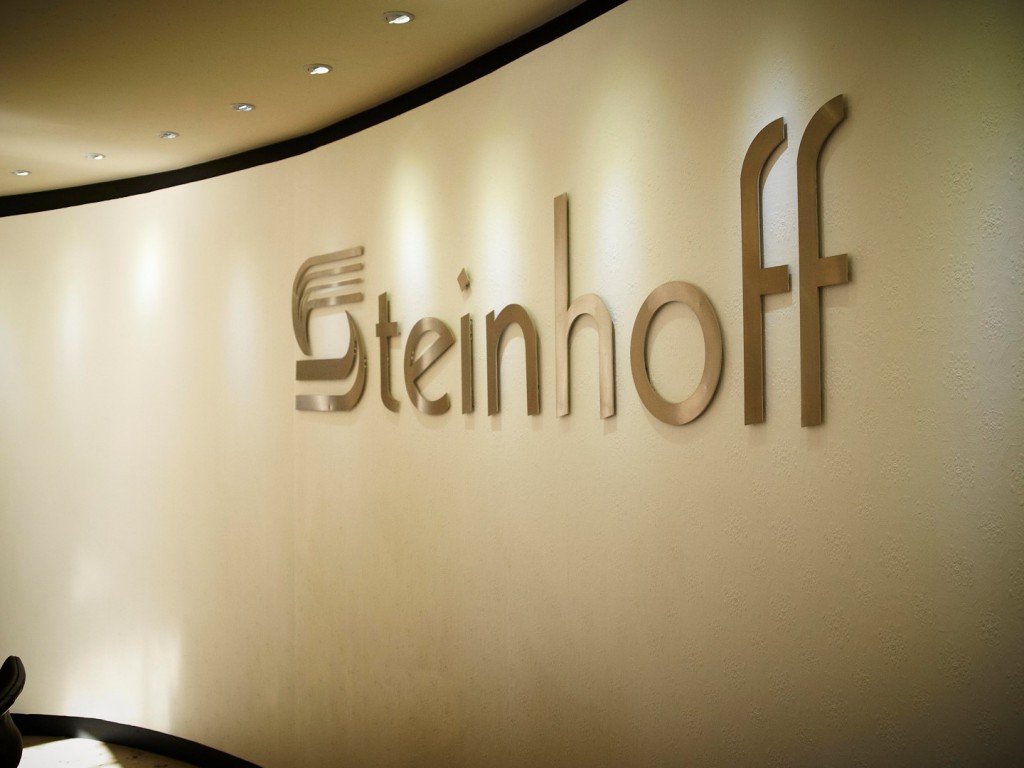On Wednesday the Steinhoff share price slumped almost 7% to 95c.

It was a case of ‘lots more of the same’ from Steinhoff’s 2019 annual financial statements. The fragile corporate entity that is Steinhoff International lives to fight another year – and payout more eye-watering fees to armies of legal and financial advisors.
In 2019 it continued to be technically insolvent and exist in the shadow of a qualified opinion from its auditors. And the highlights of the just-released 2019 statements continue to be the list of troubling related-party transactions that runs to pages, as well as a long roll call of legal claims against the company.
The fact is, since December 2017 the most interesting sections of Steinhoff’s results are not the rather dry figures contained in the annual financial statements (AFS) but the extremely long notes to those statements.
In contempt
The web of related-party interests, which were first revealed in the 2017 AFS, made a mockery of claims to be King Code compliant by a board that had been stacked with corporate dignitaries.
Then there was the list of legal claims against Steinhoff, which featured surprising numbers of high profile South African business executives.
And this year comes news that a previously little-known entity, Conservatorium Holdings, has laid claim to part of Christo Wiese’s claims against Steinhoff.
Note 22.3 to the Steinhoff Investments financial statements refers to claims by Wiese-controlled entities Thibault and Upington Investments. The claims relate to the R24.69 billion that was invested in Steinhoff shares around 2016 when Steinhoff’s primary registration was transferred to the Netherlands. That investment is just under half the R59 billion claim Wiese lodged against Steinhoff in April 2018.
It seems the 2015 purchase of 314 million Steinhoff NV shares, which was done in Upington’s name, relied heavily on bank loans and that Conservatorium has emerged as the ‘owner’ of some of an undisclosed portion of those loans.
According to note 22.3: “During July 2019, Conservatorium Holdings LLC, the legal successor in title to Upington’s lenders was granted leave, through Dutch legal proceedings to levy a pre-judgement attachment on Upington’s claims against Steinhoff NV and SIHL. As such in March 2020 Conservatorium initiated intervention proceedings in the High Court of South Africa for Conservatorium and Upington to be named as plaintiffs in the proceedings.”
This latest revelation might add to concerns about pressure on Wiese to liquidate part of his substantial investment in Shoprite, where he is the second largest shareholder with a 10.7% stake.
On Wednesday the Steinhoff share price slumped almost 7% to 95c with one analyst describing the latest figures as yet more evidence that Steinhoff is a “zombie company”.
Fees, fees … and that expensive freeze
He said that with the group spending another R3 billion on legal and financial advisory fees in the 12 months to end-September 2019 it was difficult not to suspect the company was being kept alive merely to generate fees for bankers, lawyers and auditors.
In addition to the advisors’ fees, the creditors are being paid out almost €1 billion a year for agreeing to freeze their claims until December 2021.
The group’s chief financial officer Theodore de Klerk says calls for liquidation of the group might seem reasonable but that option is significantly complicated by the many claims facing Steinhoff.
“It’s difficult to sell any of the large assets because of the uncertainty about underlying claims,” De Klerk tells Moneyweb.
“If we sold Pepkor tomorrow we might get R40 billion but there are claims against it.”
He said in December 2017 Steinhoff was centrally funded, which meant that a liquidation would have done a lot of damage to the underlying operations.
Restructuring
The restructuring put in place since then means that all of the operations – Pepkor, Conforama, Mattress World, Pepco and Greenlit Brands – are now independently funded. And, says De Klerk, generated “pretty healthy” earnings in 2019.
He acknowledges the group is technically insolvent but says that from a liquidity perspective it is still a going concern.
He stresses that the group’s stated objective is to reduce debt and agrees that this will require large asset sales, but then there’s that very long list of claimants.
“It’s a difficult balancing process,” he says. “We have to find a solution for the litigation and then for the debt.”
As for the fees, De Klerk says: “It’s not something we like.”
The restructuring-related fees are a thing of the past but the litigant-related fees are not.
This article first appeared on Moneyweb and has been republished with permission.
For more news your way, download The Citizen’s app for iOS and Android.
Support Local Journalism
Add The Citizen as a Preferred Source on Google and follow us on Google News to see more of our trusted reporting in Google News and Top Stories.






